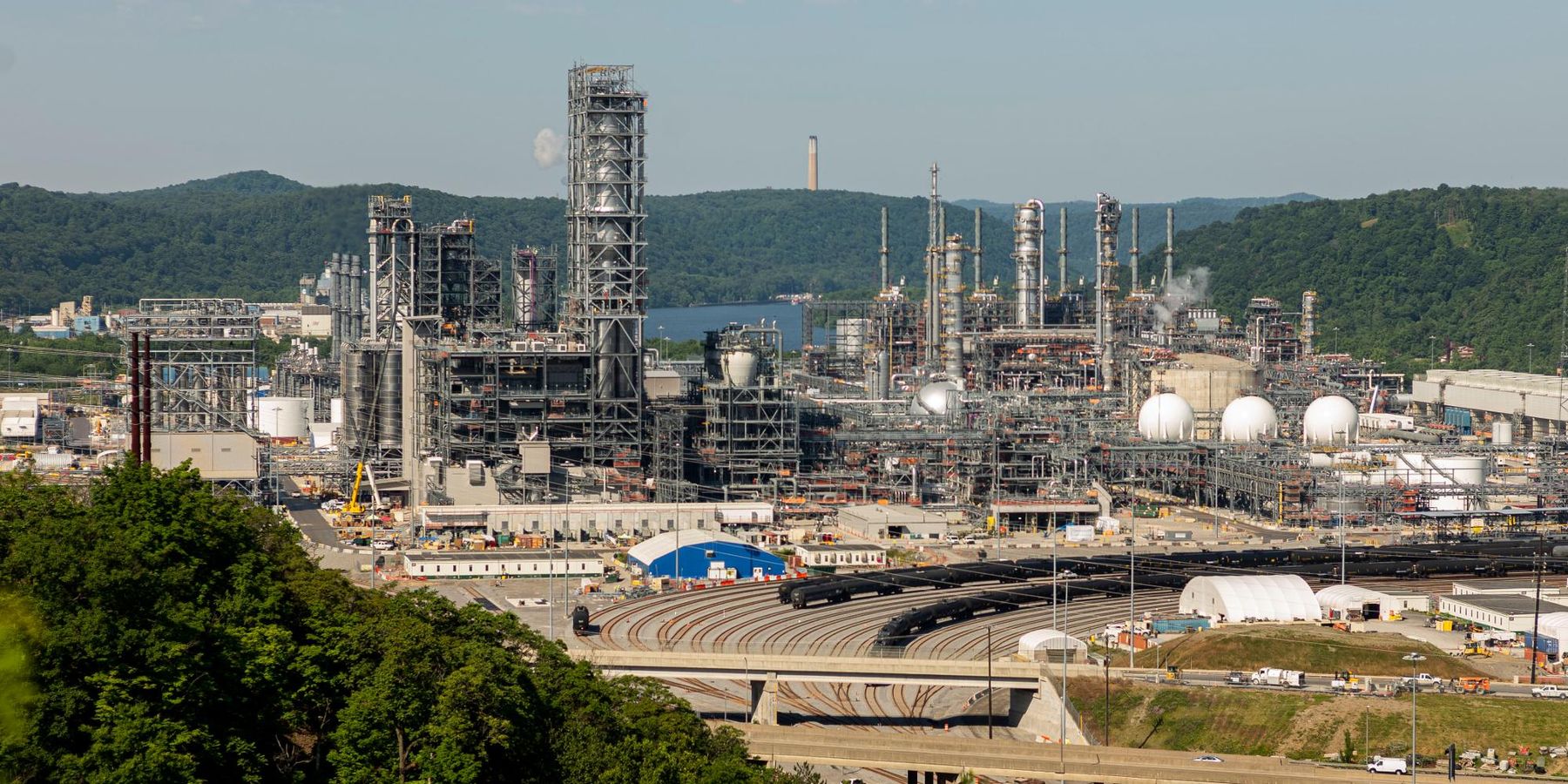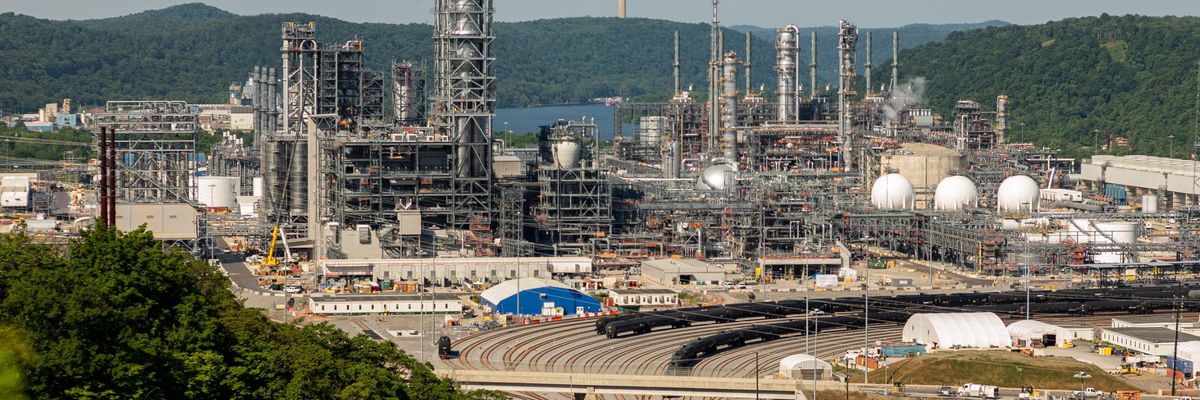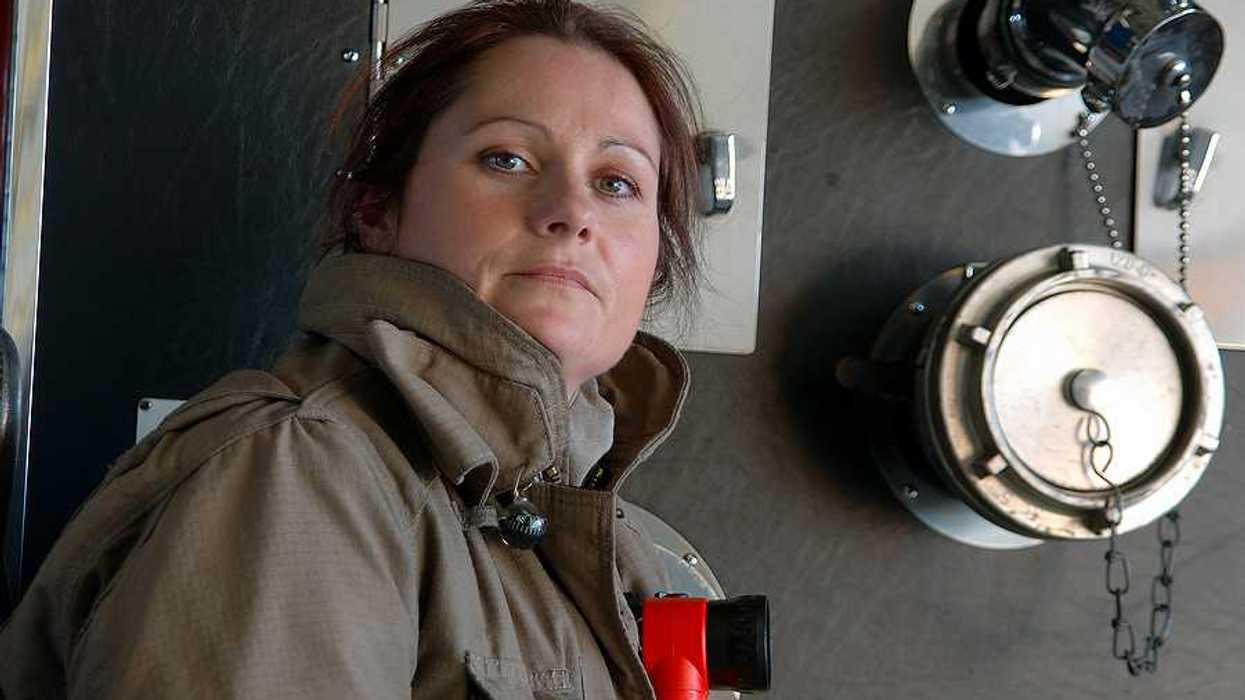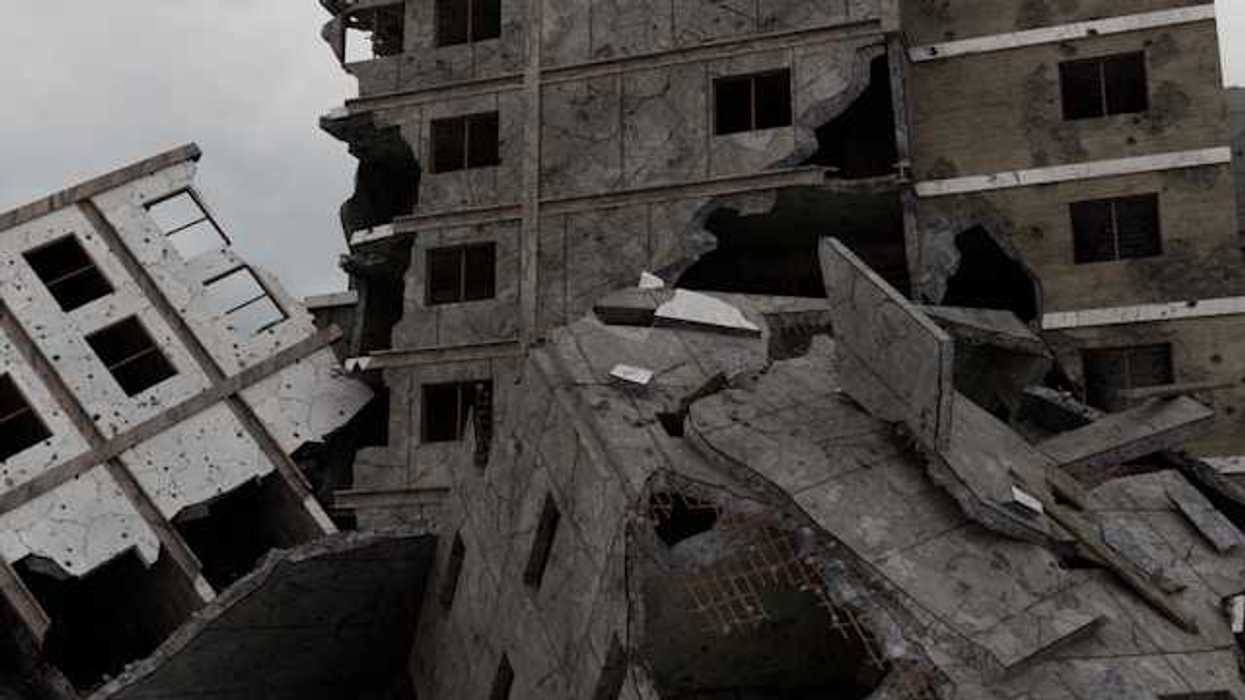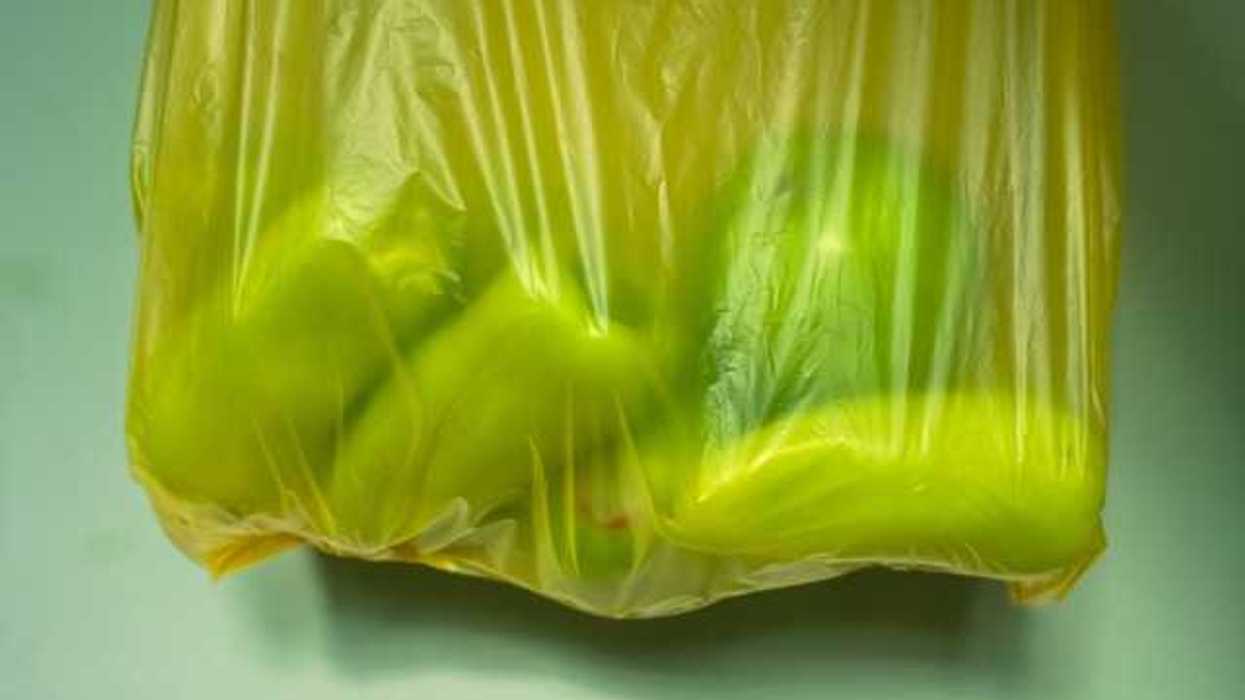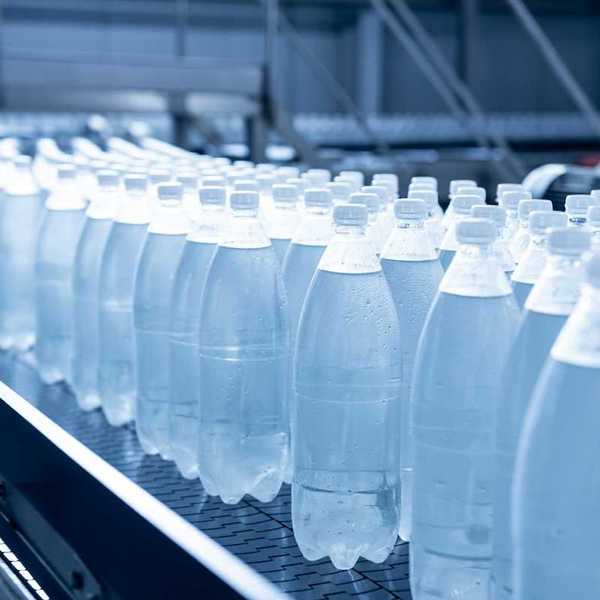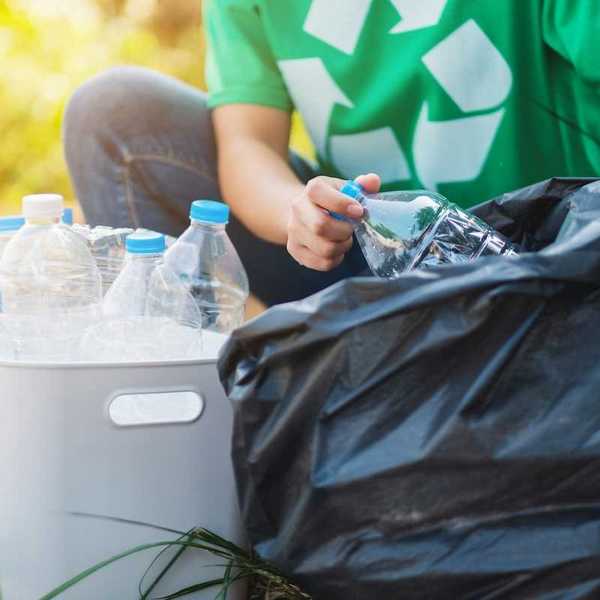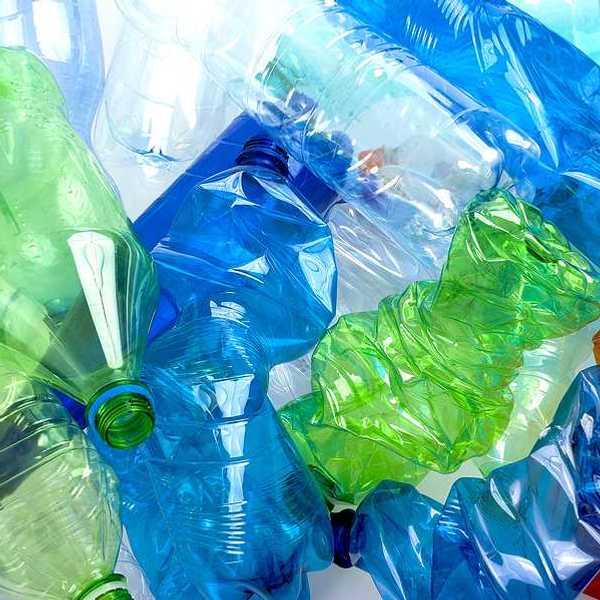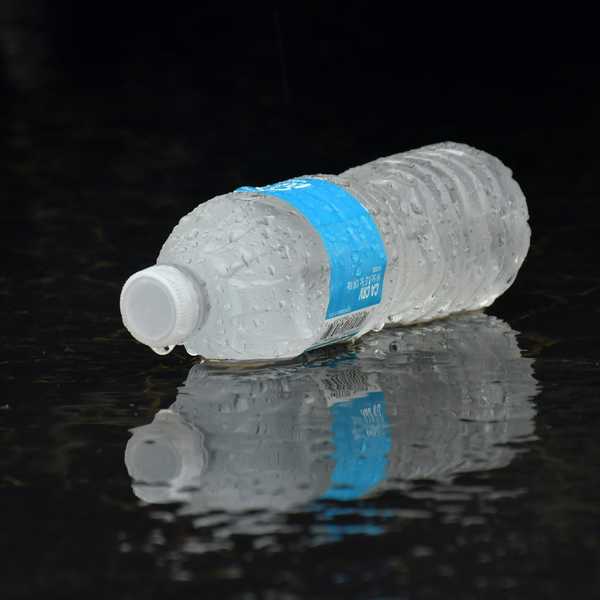This story was originally published in The New Lede, a journalism project of the Environmental Working Group, and is republished here with permission.
A unit of the British multinational Shell plc is repeatedly violating state and federal air pollution rules and harming the health of area residents, according to a lawsuit filed Thursday in federal court by an environmental group after a series of air permit violations at the company’s new plastics production plant in Pennsylvania.
The lawsuit, filed in the U.S. District Court for the Western District of Pennsylvania by the Clean Air Council against Shell Chemical Appalachia, seeks monetary penalties and demands an end to the plant’s release of illegally high levels of pollutants that include nitrogen oxides (NOx) and volatile organic compounds (VOCs).
VOCs can cause difficulty breathing, nausea and damage the central nervous system and other organs, according to the American Lung Association. Some can cause cancer.
“Illegal air emissions, smoking flares, and malfunctions at the Plant have resulted in excess emissions of VOCs, NOx, particulate matter (“PM”), benzene, and other harmful pollution,” the complaint states.
Shell did not immediately respond to a request for comment.
The filing comes six months after Shell announced the start of operations at the plant in November and one month after a malfunction at the facility’s waste water treatment system caused a chemical leak that released a foul odor and sent cancer-causing benzene and other toxics over the fence-line and into the surrounding community.
Residents reported experiencing headaches, nausea, irritated throats and watery eyes during the April 11 chemical leak incident. Shell’s passive air monitors recorded benzene levels of up to 110 micrograms per cubic meter that week, far exceeding the 29 micrograms per cubic meter minimal risk level under federal guidelines.
In addition to the benzene release, uncombusted emissions documented by optical gas imaging spewed from the plant’s ground flare on April 13 and 14, according to video released by the environmental organization Earthworks. These incidents were just the latest in a series of what the groups say are major pollution events at Shell’s Pennsylvania facility.
During an hours-long flaring incident on February 13, the plant generated plumes of black smoke and fiery flames. Another flaring event on March 14 lasted several hours and there were reports of disruptive noise and light pollution up to ten miles away.
The plant has been the site of multiple malfunctions, both in preparing to come online and after operations began. Shell has submitted 39 malfunction reports to the Pennsylvania Department of Environmental Protection (DEP) since January 2022. The state regulatory agency has issued 12 Notices of Violation to the company pertaining to air permit violations during that same time period.
Related: The Titans of Plastic
In February 2022, the Pennsylvania DEP imposed a civil penalty of $4,313 for air permit violations, but has not taken any further enforcement action.
Critics have repeatedly asked the state regulators to order a temporary shutdown of the facility to protect local residents and address the plant’s ongoing pollution problems.
“Shell’s persistent law-breaking must end. The community will not tolerate dangerous pollution events that risk the health of families across Beaver County and beyond,” Joseph Minott, executive director of the Clean Air Council, said in a statement.
Shell’s massive petrochemical facility, located on the banks of the Ohio River in western Pennsylvania, is designed to process a chemical feedstock derived from oil and gas into polyethylene, a building block of plastics. It is the largest plastics production facility in the northeastern United States and Shell’s largest petrochemical plant outside the Gulf Coast. Pennsylvania taxpayers are subsidizing the Shell Polymers Monaca facility with a $1.6 billion tax break.
In a webcast presentation to investors last week, Shell CEO Wael Sawan acknowledged the plant’s difficulties and said the company was working to address the problems.
But environmental and community groups say immediate action is needed.
“The very least this international corporation can do is to follow the law and not make Pennsylvania taxpayers breathe in their illegal pollution,” Sarah Kula, an attorney for the Environmental Integrity Project who helped bring the case, said in an announcement of the lawsuit.
- Citizen scientists are seeing an influx of microplastics in the Ohio River ›
- Surveying the Ohio River for plastic nurdles, as Shell readies to open cracker ›
- The Titans of Plastic ›

